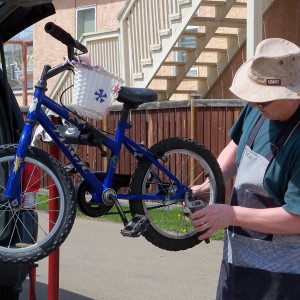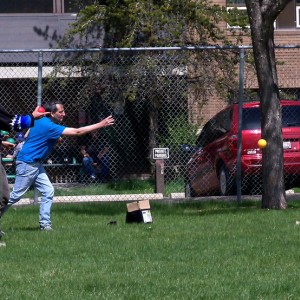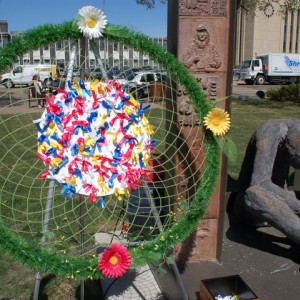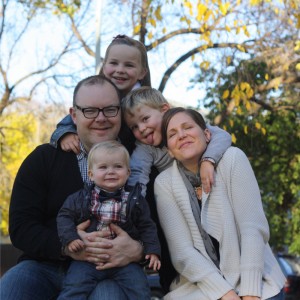Responding to Calls
As a Community Liaison Constable in an area that includes the neighbourhoods of Boyle Street and McCauley, I have had the opportunity to speak with numerous residents and business owners. I am impressed with the amount of people who are so enthusiastic about bringing positive changes to the community. I discovered that there are business owners performing renovations to give the area a clean and elegant look. I spoke with residents who happily collect garbage, maintain their yard, and care for their houses. The selfless and often overlooked efforts of these people help to create a welcome atmosphere for visitors and customers.
In law enforcement we often speak about the “broken window” theory. The idea is that a clean neighbourhood is less welcoming for people looking to create disorder and crime. If a neighbourhood is not cared for (such as broken windows), it reflects that the residents do not care for their property. This in turn attracts the type of people who cause disorder, as they feel that they won’t be disturbed by the residents while they conduct their illegal activities. I would like to thank all those great people who take the time to care for their property. You are part of the reason that crime and disorder are down in Boyle Street and McCauley.
I have had some questions regarding the long response time when a call is made to police Some people have stated that they have stopped calling altogether, as they felt that there was no point.
As a Community Liaison Constable (CLC), I start most of my days by reviewing the calls to which my colleagues in patrol have responded. Based on those calls, I attempt to find a common link and develop a strategy to reduce or eliminate trends of crime and disorder. Instead of responding to a call where someone had become a victim, I attempt to prevent the crime from occurring. In order to address emerging issues, I depend on timely and accurate information from the community.
Police evaluators prioritize the calls that they receive. A call where someone is in imminent danger receives a much higher priority than a call where people are engaged in disorder type of activities. The prioritization of calls is necessary to provide safety and to prevent the loss of life. Unfortunately, it also means longer wait times for calls where people are engaged in disorder activity but where nobody is in immediate danger.
In addition, when police arrive on the scene and deal with the situation, it can often take a few hours to sort everything out. It is not uncommon to deal with outstanding warrants, issue tickets, or transport people to a shelter or hospital. This means that it is often very late at night or even the early morning before we are able to contact the caller and inform them that the situation has been dealt with. Some patrol officers may be reluctant to contact a caller, as they do not wish to disturb then unnecessarily. If you wish to have a call back, please request it upon dispatch. You can also obtain the event number in order to follow up with your call at your convenience. Please continue to call the complaint line, as we care about what is happening in your community and we want to address the concern as soon as we possibly can.
If you would like to contact me regarding an ongoing issue, my email address is samuel.sanson@edmontonpolice.ca. Please be as descriptive as possible regarding the issue.





